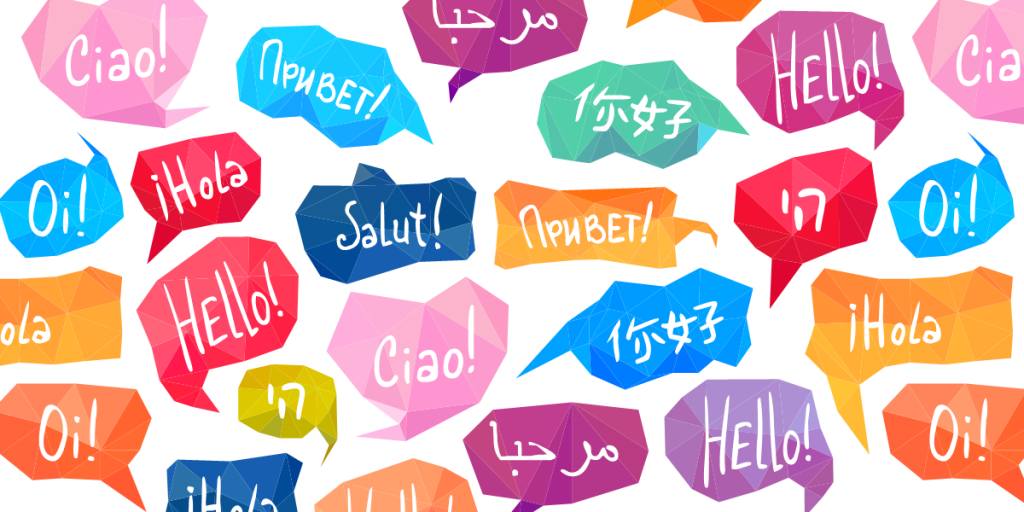
I’ve been thinking.
Historically, fluent Spanish-speaking communities held high expectations for the authenticity of Latino portrayals in cinema. Actors tasked with these roles were scrutinized closely, and those who delivered their lines in poor or broken Spanish often faced harsh criticism from the audience. This vigilance stemmed from a deep sense of pride in our linguistic heritage and a desire to see it represented accurately and respectfully on the global stage.
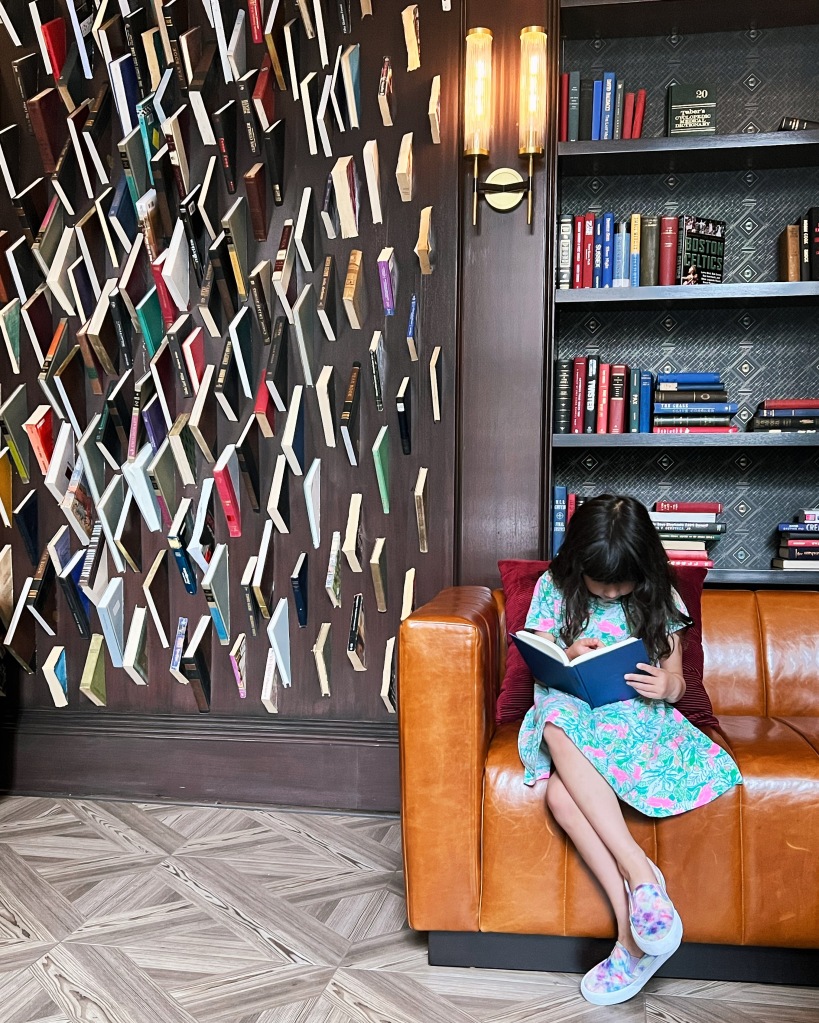
However, as I reflect on the current trajectory of cultural and linguistic preservation, I’ve come to recognize a shifting paradigm. The concern no longer lies solely with the actors’ ability to embody Latino characters through language but rather with our own communities’ diminishing emphasis on passing down the Spanish language to the next generation.
This gradual detachment from our linguistic roots has led to a scenario where our children, and indeed future generations, might find themselves resembling the very portrayals we once criticized. The newer generations, you know, the “no sabo kids,” slowly but surely becoming the sound of the actors whose imperfect Spanish we once mocked. These butchered depictions of our language, slowly becoming less of an anomaly and more of a mirror reflecting our own linguistic challenges.
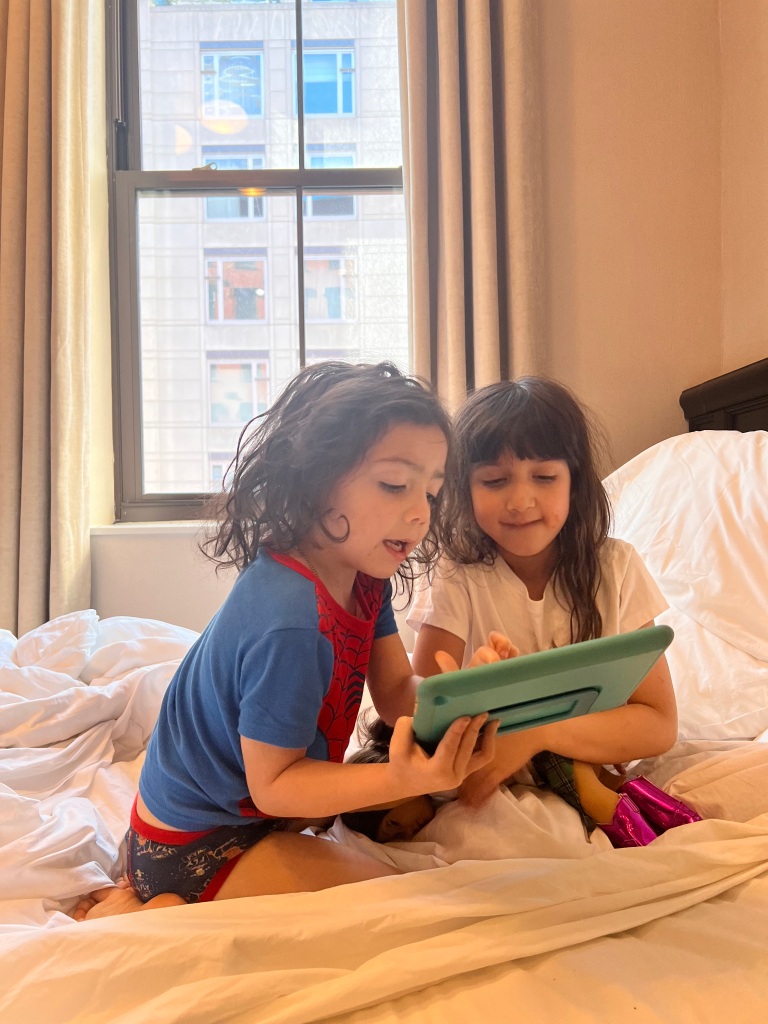
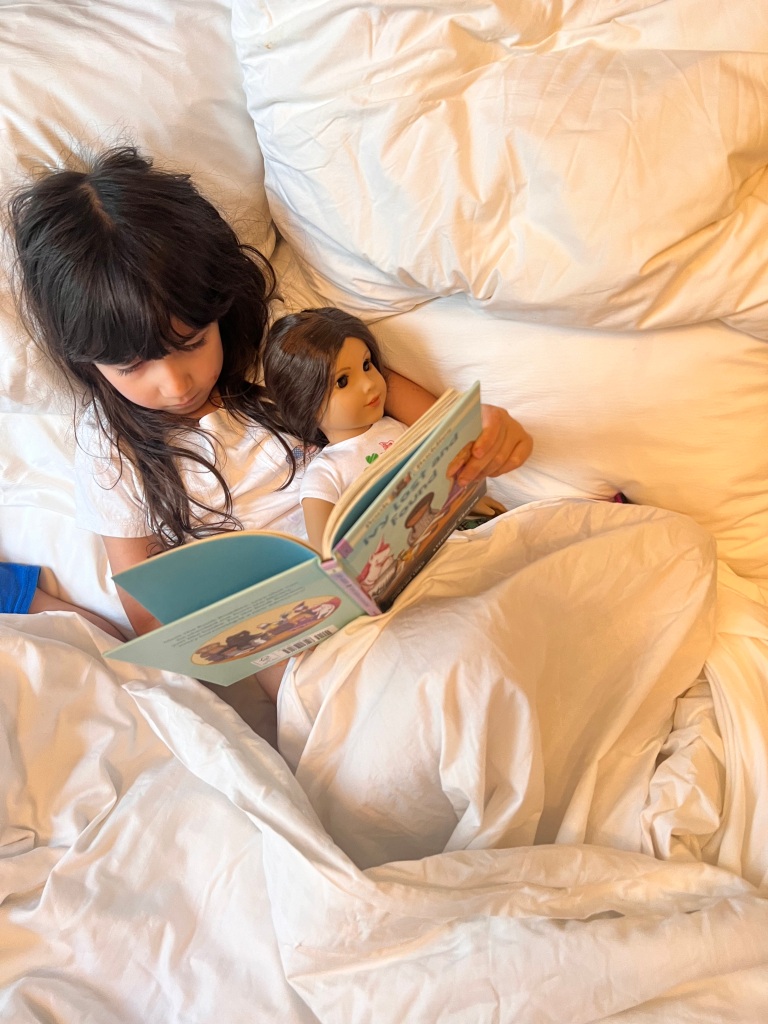
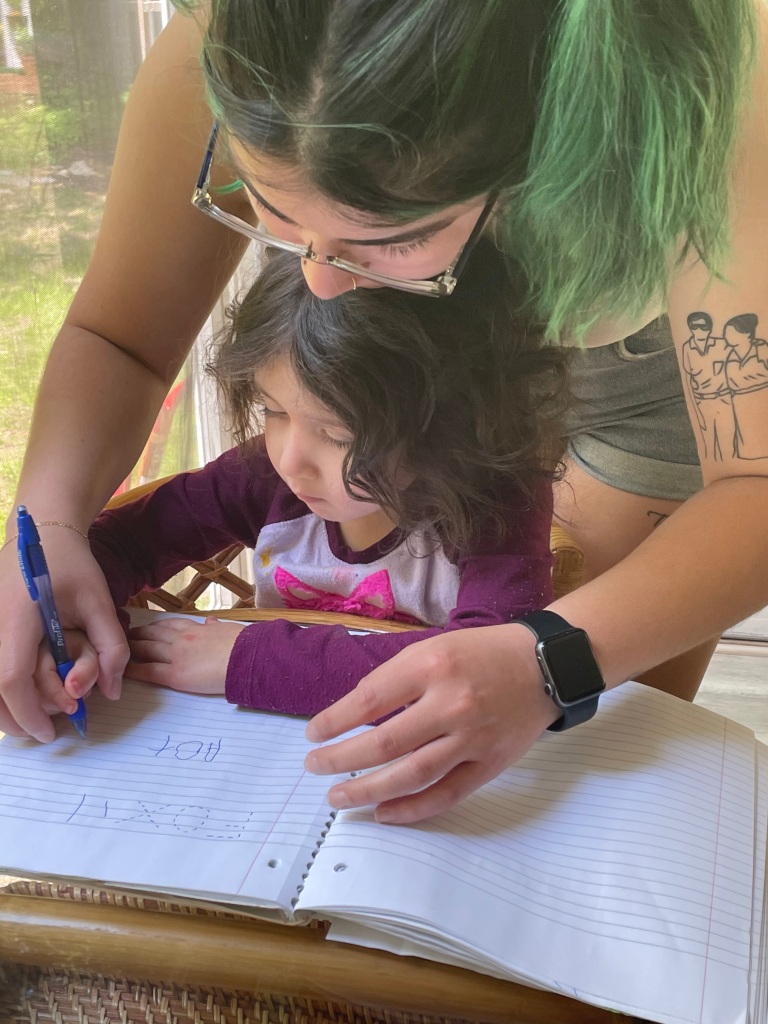
This evolving landscape prompts a crucial question: Are we, as a community, investing enough effort into teaching our children Spanish, thereby ensuring the preservation of our mother tongue? The reality is that the responsibility to uphold our linguistic heritage falls on us.
If we find ourselves concerned with the authenticity of Latino roles in media, perhaps it’s time to look inward and address the foundational issue of language preservation within our own homes and communities. I’d love to hear from you or at least have you ask yourself the following. I’ve asked myself this more now than ever: how can we better support and prioritize the transmission of our language to ensure that future generations can both appreciate and contribute to the rich tapestry of our cultural and linguistic identity? How can we pass down our language when we ourselves rarely speak it at home?
With respect, OFT

